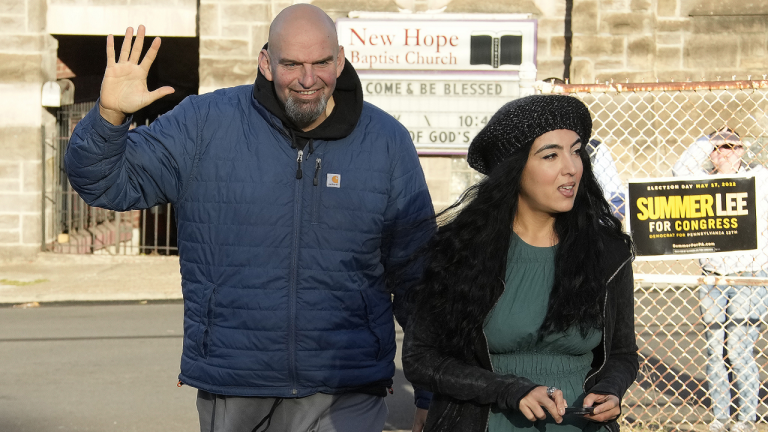Supreme Court rejects woman’s claim for husband’s visa due to MS-13 ties.
Recently, the Supreme Court issued a significant ruling regarding an American citizen, Sandra Muñoz, who fought for her noncitizen MS-13-member husband, Luis Asencio-Cordero, to receive a visa to live together in the United States.
The Legal Battle
In 2010, Sandra Muñoz, a United States citizen, tied the knot with Luis Asencio-Cordero, a citizen of El Salvador. The couple decided to initiate the process of securing an immigrant visa for Asencio-Cordero to join Muñoz in the U.S. However, their efforts were met with a roadblock when the U.S. Citizenship and Immigration Services denied Muñoz’s petition to classify Asencio-Cordero as an immediate relative.
Court of Appeals Verdict
The U.S. Court of Appeals for the Ninth Circuit initially ruled in favor of Muñoz, stating that her status as a citizen conferred her a constitutionally protected liberty interest in her husband’s visa application. The court argued that the Due Process Clause mandated the government to provide Muñoz with a valid reason for rejecting her husband’s visa.
Supreme Court’s Decision
However, in a 6-3 ruling, the Supreme Court overturned the Ninth Circuit’s decision. The majority opinion, authored by Justice Amy Coney Barrett, emphasized that procedural due process did not apply to Muñoz’s argument. The court made it clear that a citizen’s independent constitutional right did not entitle them to a procedural due process right in someone else’s visa application denial.
Challenging the Denial
Asencio-Cordero contested the visa denial, claiming he was rejected based on allegations of MS-13 affiliation. Despite refuting the accusations and seeking a reconsideration of his case, the consulate maintained its initial decision.
Muñoz’s Argument
Subsequently, Muñoz argued that her right to live with her noncitizen husband in the U.S. fell under the protection of the Fifth Amendment’s liberty clause. She contended that the denial of her husband’s visa violated her due process rights and sought judicial review of the consular officer’s decision.
Supreme Court’s Explanation
Justice Barrett clarified that Muñoz’s claim of an unenumerated constitutional right to bring her husband to the U.S. lacked historical precedent. Congress’s regulation of spousal immigration, including admissibility restrictions, contradicted the notion of an inherent right for Muñoz.
Minority Dissent
In a dissenting opinion, Justice Sonia Sotomayor, joined by Justices Elena Kagan and Ketanji Brown Jackson, referenced Obergefell v. Hodges to underscore the fundamental nature of the right to marry. She lamented the majority’s decision, criticizing the broad stance on marriage rights over procedural considerations.
Repercussions
Sotomayor highlighted the adverse impact on citizens seeking to reunite with noncitizen spouses due to visa restrictions. The ruling could particularly affect same-sex couples and individuals with financial or legal constraints preventing them from residing in the noncitizen spouse’s home country.
In conclusion, the Supreme Court’s decision marked a pivotal moment in the realm of immigration law, redefining the boundaries of spousal rights and due process in visa applications. The implications of this ruling resonate beyond Muñoz’s case, affecting countless individuals navigating the complex landscape of immigration policies and regulations.








